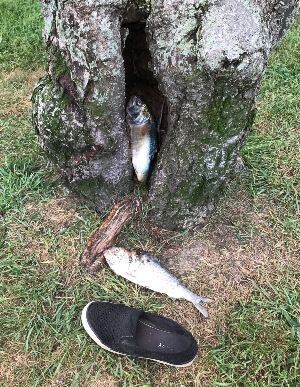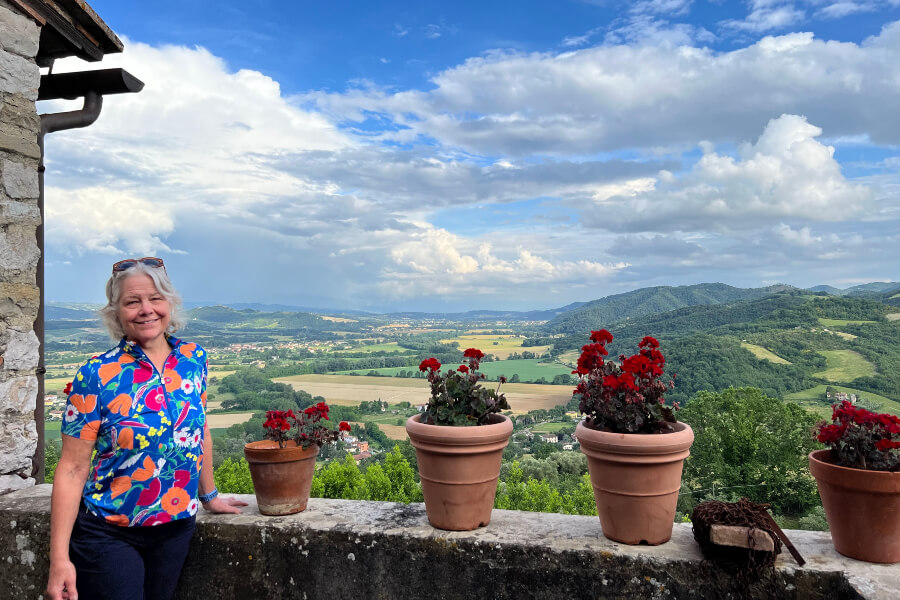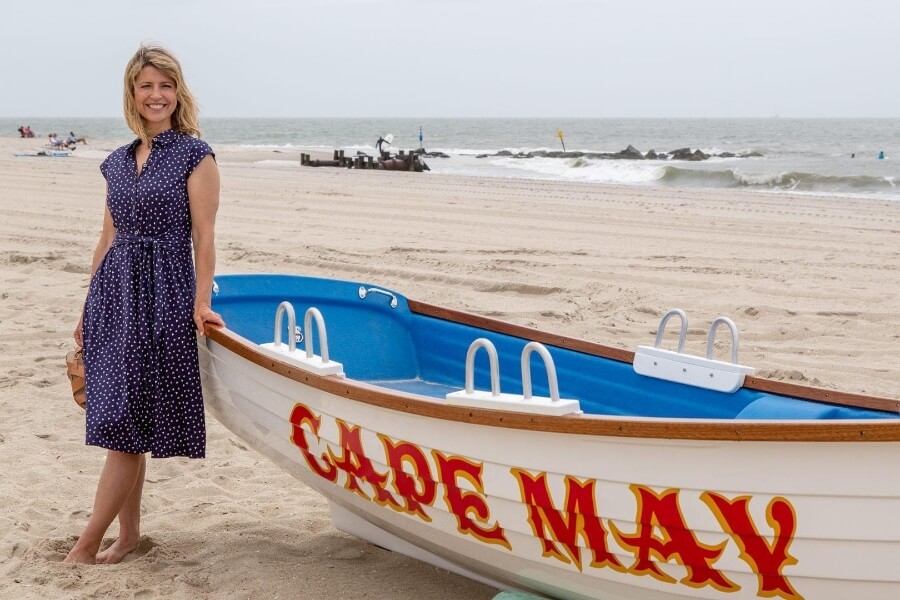It wasn’t a journal; it was more like a log. For a stretch of time a couple years ago, I wrote a line or two each night before bed in response to the same daily prompt: What made this day different?
“We do not remember days, we remember moments,” wrote the Italian writer Cesare Pavese. My plan was to gather moments and record them so that later the entire day wouldn’t be forgotten, as most days are. Can you say anything at all about March 24, 2019? Or even Tuesday three weeks ago? It would be nice, I thought, to remember at least something from every twenty-four hour period, so the day wouldn’t completely dissolve into the river of time.
The Act of Remembering
In the past few years, I’ve noticed that a week or two after an event has occurred, it seems to have happened months or even years earlier, seemingly sunk into a more distant past. Recording unusual events of the day, albeit in a phrase or two, might help keep them more present, might help me remember my life. Some days it takes me many seconds to recall the dinner we had just the night before—even though I cooked it.
My plan was to gather moments and record them so that later the entire day wouldn’t be forgotten, as most days are.
Memory lapses are part of getting old, I suppose, which added purpose to my project. Perhaps the act of scrolling through the day to identify its special moments would help boost my memory. I once challenged myself to memorize all 200 countries in the world and their location on a map. This was a largely successful endeavor, though the achievement was temporary. (I now recognize just a few dozen besides England and France!) My new memory project would be less demanding, I thought, and perhaps more fulfilling.
So I set off to buy a new notebook, with medium-size pages and a bright cover. I walked out of the store with a luxurious Claire Fontaine notebook for just a few dollars. The flexible cover is a deep pink, and the pages are lined. Because my dog likes to chew on books like this, I immediately put it into the nightstand drawer, along with one of my favorite pens (a Uni-ball, which is what Obama prefers too).
Read More: Should You Keep Your Old Journals…Or Burn Them?
Starting the Log
That night, before turning off the light I wrote: “Theo ran freely in circles with another dog—then ran into street, crossed Boston Post Road. Mark beat me at ping-pong, 22-20.” The next day was more eventful (and reflective of our COVID era): “I walked in NYC for the first time in a year, getting haircut, black jeans, napkin rings, and eating dinner with Kathy in a restaurant. Traveled 5 miles by foot.” Day three: “Stayed in bed in the morning to finish Passing by Nella Larsen so I left a bit late, 7:45, for the morning run—and saw new dogs.”
Then I stopped writing things down.
Does that help me remember March 10th to 12th of last year? No, but I certainly recall those events! So those days aren’t entirely lost, even though I wasn’t doing anything unusual, just running with Theo, shopping, seeing a friend, and reading in bed.
I won’t bore you with the entries for the following three months, as the ones already provided are, alas, typical. My life is happy but not exciting. I will say that the experiment worked: I remember each thing I wrote down.
Then I stopped writing things down. Here are the last two entries:
6/20 Questioning this log.
6/21 Can’t remember anything.
What Went Wrong?

A fish in a tree. Now that’s something to write about.
And so, after three months, I abandoned my time-in-a-bottle experiment. Why? I was, in June, worried about being too judgmental: too quick to categorize and denigrate. Somehow the act of selecting certain moments to record seemed to condemn all the other moments in the day (this seems silly now). I was constantly asking myself: is this good enough for the log? Is this? It was a whole new pressure.
It was demoralizing to realize that nothing of any import had happened.
Plus, at night, it became a real effort to go through the day to choose something, anything, to jot down. It felt like too much work, and by bedtime I was often too wiped to write even a word. After taking off my contact lenses, I just wanted to turn off the light and sink into slumber. So I had started writing the day’s log the following morning, and sometimes, by even the very next day . . . well, see 6/21! It was demoralizing to realize that nothing of any import had happened; I had zero to add to the log. And that was that. Once I skipped a single day, I felt so guilty I never went back to the pink book.
But in reviewing the experiment today, I realize how valuable it was. In recording a thing or two from each day (usually events or activities, along with some actual moments), I can recall them all with great clarity.
Keeping a life log requires little effort, but it reaps a big reward. And if you skip a day or even a week, so what? Your log, your rules. But maybe you shouldn’t write in your log just before bed. Post-dinner, pre-streaming is fine.
I’m putting the book with the pink cover back into the nightstand drawer, along with a Uni-Ball pen. Tonight, I have something amazing to record: It was high tide with a full moon yesterday, and by the harbor, there’s a large dead fish in a low knothole in a tree. “Fish in tree!” Now that’s unusual!
But first I’ll write: “Started this log again.”
Read More: As My Memory Bites the Dust, 10 Things I Wish I Could Forget
***
Catherine Hiller is the author of five novels, a book of short stories, and Just Say Yes: A Marijuana Memoir. Her new novel, Cybill Unbound, which we excerpted here, will be published this December.





















0 Comments